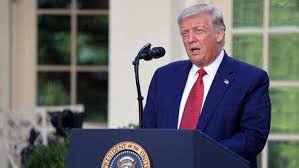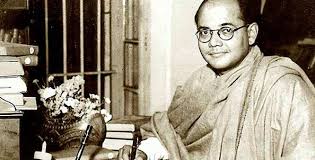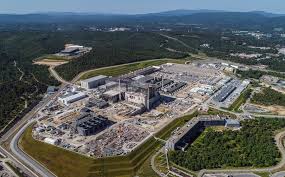
US President Donald Trump ordered an end to Hong Kong’s special status with the U.S. and signed legislation that would sanction Chinese officials responsible for cracking down on political dissent in the city, the latest escalation in tensions between the world’s largest economies.
Daily Current Affairs Quiz 2020
Key-Points
Under the United States-Hong Kong Policy Act of 1992, the U.S. treats Hong Kong, a semi-autonomous part of China with its own legal and economic system, differently than the Chinese mainland in trade, commerce and other areas.
The order suspended multiple sections of legislation governing US immigration, arms exports and defence production, and eliminated US preference for Hong Kong passport holders as compared to People’s Republic of China passport holders.
It also suspended extradition and prisoner transfer agreements, took steps to end US training of Hong Kong police and security officers, and suspended or terminated academic partnerships with Hong Kong including the Fulbright exchange program.
The order allows for the freezing of US-based property and interests of foreign persons linked to the new national security laws, or found to be involved in international human rights abuses, or in the limiting or penalising of independent media and freedom of expression.
The security law punishes what Beijing broadly defines as subversion, secession, terrorism and collusion with foreign forces with up to life in prison.
It also enacted US entry bans on those individuals and their families, and banned donations or support for anyone found to have breached the orders.





